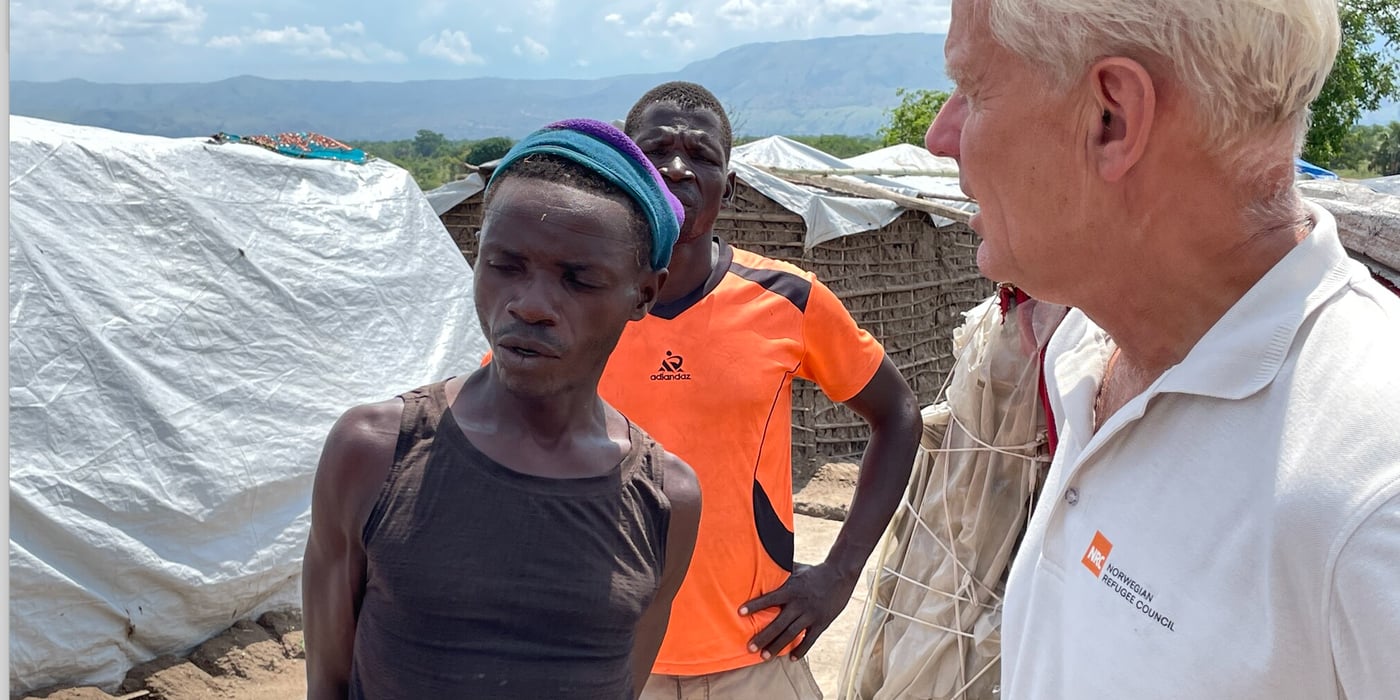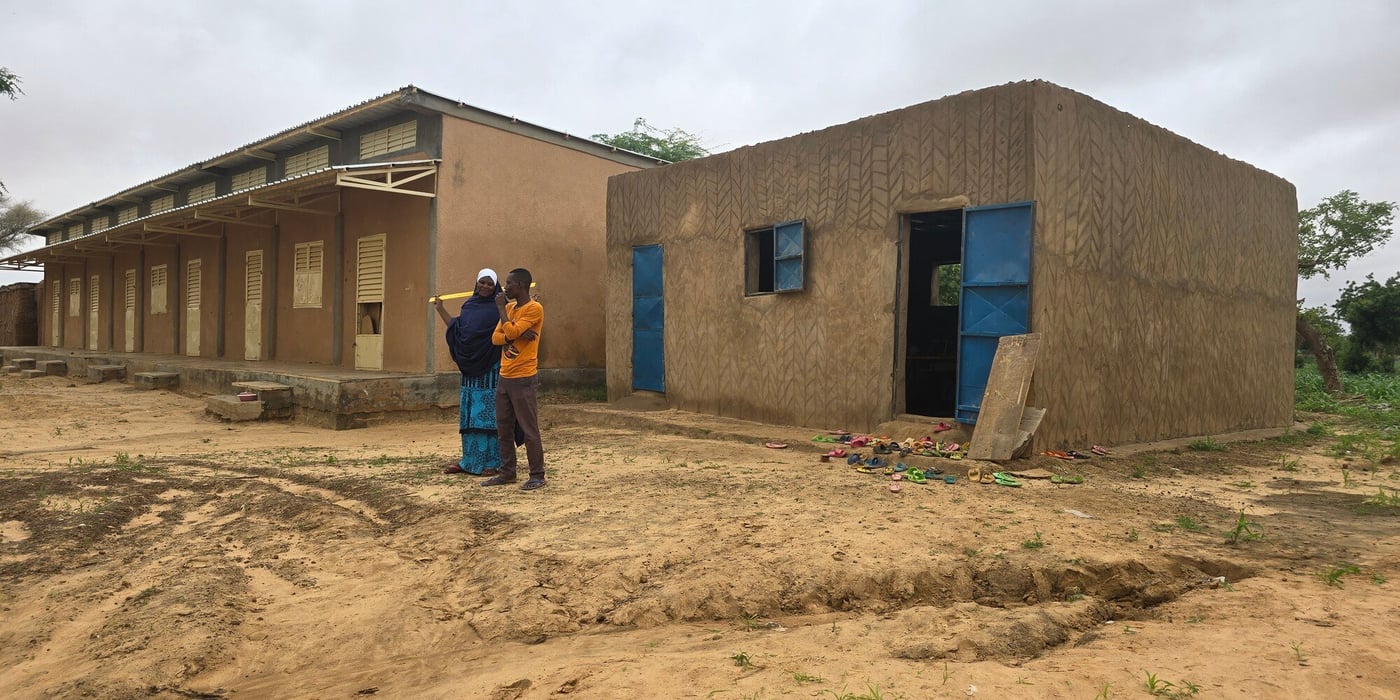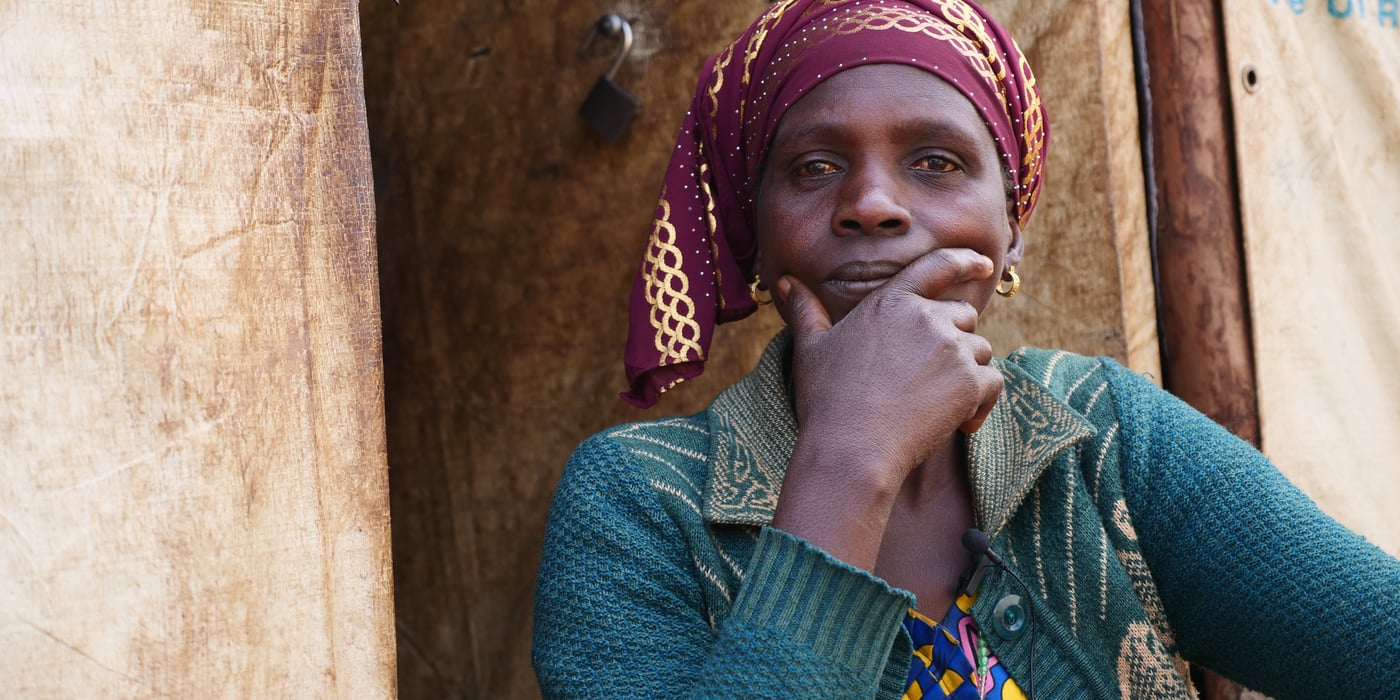
“The lack of attention to the unprecedented suffering in eastern Congo is unforgivable. It is the largest hunger crisis in the world. 25 million people are left largely on their own to face starvation, disease, and attacks. One third of children are out of school. People I met with told me stories of human suffering at an extreme level: armed groups attacking defenseless families, women and girls subjected to sexual violence, children unable to go to school, rapidly depleted food supplies, and a lack of drinking water. I have rarely witnessed humanitarian needs at this scale,” said NRC Secretary General Jan Egeland, after visiting Ituri Province this week.
“Recent military campaigns and massacres have caused an acute emergency against a backdrop of decades of deep crisis and neglect. The international community must support a response that matches the gravity of the situation in Ituri Province and eastern DR Congo more widely.”
Eight months into 2023, less than a third of required funding has been received for the modest humanitarian response that was planned in DR Congo. "It is not acceptable that aid agencies are forced to make impossible choices around who can and cannot be helped. And it is not acceptable that so many wealthy nations, corporations, and individuals refuse to make a fair contribution to the suffering millions,” said Egeland.
The rampant violence of armed groups in Ituri Province has displaced more than 550,000 people in recent months, contributing to a total of 1.7 million that have had to flee their homes. In June, an attack on Lala displacement site resulted in the death of 46 people, the majority of whom were children and the elderly, unable to run. More than 7,800 others were forced to flee the site.
“The situation in Ituri is a neglected emergency within an already neglected crises. The scale of the violence against civilians has led to an exponential growth in the number of people forced to flee,” said Pauline Ballaman, NRC’s country director in DR Congo. “Protection of civilians is almost nonexistent, with armed groups attacking people with total impunity. The vulnerable are left with nowhere to turn.”
More than 750,000 children in Ituri alone have had their education disrupted due to armed conflict. When children are denied their right to an education, the rates of sexual exploitation, trafficking, forced marriage, and recruitment into armed groups increase dramatically. “Missing out on education kills their hope of a better future,” said Egeland. “We therefore do our utmost to restore education and training for children. It is essential if we are ever going to break this devastating cycle of violence and suffering.”
“The neglect of suffering in DR Congo is part of a gaping global gap, between the resources pledged for aid and the needs on the ground. Right around the world, an immense funding shortfall is developing, depriving millions of the most basic needs, even food. NRC staff are witnessing the effects of neglect and suffering in ways that are simply not registered in capitals, board rooms and newsrooms of the global north,” said Egeland. “The people of eastern DR Congo desperately need the international community to step up financially, politically and diplomatically to close the gap.”
Facts and Figures:
- DR Congo is the largest hunger emergency in the world, with over 25 million people struggling daily to simply get enough to eat. (WFP)
- DR Congo hosts one of the largest displaced populations in the world and has ranked as one of the world’s most neglected displacement crises for the past seven years, according to NRC’s annual report.
- The country hosts one of the largest displaced populations (including refugees) in the world – approximately 5.5 million. The majority are in the east of the country. (UNHCR)
- The little funding that is provided for DR Congo comes from a very small group of contributors: more than 80% of current financial support originates from just 5 donors (UNOCHA)
- Over the first eight months of this year, only a third of the necessary funding for DRC has been allocated. As things stand, DRC is lacking about 70% of what it needs in aid. (UNHCR)
- The education sector has been particularly affected by the crisis, with more than 1 in 3 children being out of school at the start of 2022, and over 230 schools being closed across Ituri during the year. (UNICEF)
- One in seven women nationwide experienced sexual violence before the age of 18, and the problem is even more severe in conflict-affected communities. (NRC)
- NRC has been working in DR Congo since 2001 and is a key responder in the country, providing assistance and protection to those who have been displaced in a range of ways including shelter, protection, water and sanitation, and education.
- Dozens of humanitarian crises are facing significant funding shortfalls. For every dollar of humanitarian aid raised per person in need in Ukraine, for example, just 25 cents were raised per person in need across the world’s 10 most neglected crises. (NRC)
- In 2022, the number of people in need in DRC was significantly higher than the amount of people in need in Ukraine, yet the amount of funding secured was 74% lower.
Notes to editors:
For more information or to arrange an interview, please contact:
- NRC global media hotline: media@nrc.no, +47 905 62 329
- Ed Prior, Media Adviser to the Secretary General, currently in DRC with Jan Egeland, ed.prior@nrc.no, +47 902 94 379



